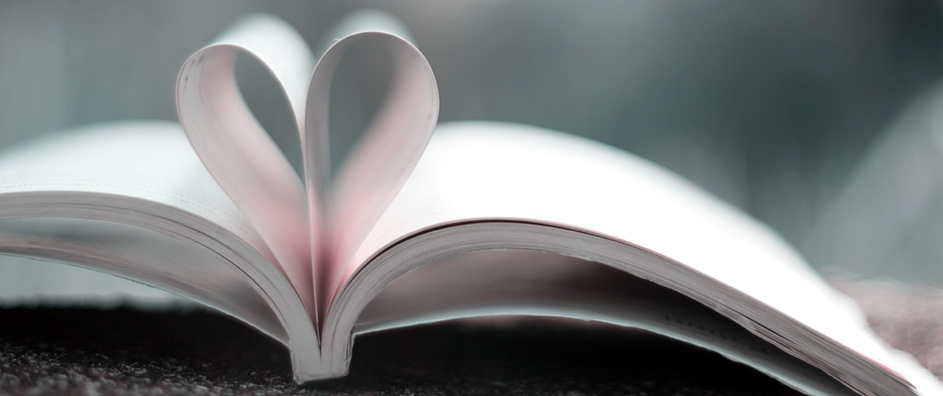The views expressed in our content reflect individual perspectives and do not represent the authoritative views of the Baha'i Faith.
Treasures lie hidden beneath the throne of God; the key to those treasures is the tongue of poets. – The Bab, quoted in Nabil’s The Dawnbreakers, pp. 258-259.
Poetry does indeed have a significant part to play in life. Yet, in today’s Western society, we so misunderstand and often dismiss poetry that U.S. poet and editor Harriet Monroe called it “The Cinderella of the Arts.”
A reader complained to Arizona Republic columnist E. J. Montini, “What the hell do we need a poet laureate for?” and suggested Montini should “…write a column about how ridiculous it was passing a law like that is when we have all these other problems.”
Kudos to Mr. Montini for doing exactly the opposite. He replied, “…we do need a poet laureate… I’ve spent decades reporting on the least poetic aspects of our world, and after all that time and all that misery I take for fact a line from a poem by William Carlos Williams. He wrote: ‘It is difficult to get the news from poems, yet men die miserably every day for lack of what is found there.’”
Several years ago I wrote a column called “Art Matters,” for the Coastal View News in Carpinteria, California. One of my columns addressed poetry, it’s purpose and effect. It opened with this quote:
Too many people in the modern world view poetry as a luxury, not a necessity like petrol. But, to me it’s the oil of life. – British poet John Betjeman
 I lamented that “Contemporary society lacks an appreciation of poetry. It is no longer a required subject given serious study in our schools; if one is not taught the nuances of metaphor and simile, poetry can seem impenetrable.”
I lamented that “Contemporary society lacks an appreciation of poetry. It is no longer a required subject given serious study in our schools; if one is not taught the nuances of metaphor and simile, poetry can seem impenetrable.”
For those who feel poems are mountains they just can’t climb, I suggest not worrying about understanding the deeper meanings. Just read and let the words fill your senses. What kind of feelings rise within you? Some may give rise to righteous indignation. Others may make you laugh. Some will raise memories and fill you with nostalgia. Like Cinderella, the poetry may change from one thing to another in front of your eyes.
The American poet Edward Hirsch urges us to “Remember that the magic lies beyond the words.” That magic comes from your own emotional response, not from making a poem into an intellectual exercise or by trying to analyze it:
Even when poetry has a meaning, as it usually has, it may be inadvisable to draw it out. Perfect understanding will sometimes almost extinguish pleasure. – A. E. Housman, The Name and Nature of Poetry
No one will ever get at my verses who insists upon viewing them as a literary performance. – Walt Whitman, A Backward Glance O’er Travel’d Roads
Poetry is a place where we are not expected to define or analyze or answer questions. We can simply laugh or cry or wonder or turn the page until we find a poem that sings the tune we wish to hear. It’s as easy as that. – Myra Cohn Livingston, from the introduction to A Tune Beyond Us, edited by Myra Cohn Livingston
Don’t go symbol hunting, as we were so often taught to do in high school literature classes. Let the poem work in you as a human experience. Listen to the words and pay attention to the feelings they evoke. – Edward Hirsch, How to Read a Poem, in New Age, May-June 1999.
Due to its very nature, poetry is easier for struggling readers than prose.
Poetry is probably the only form of reading one can most appreciate without fully understanding the words. Poetry works on rhythm and sound as much as on word knowledge… [making] it safe for struggling readers. – Joanne Durham, Teacher, “On time and poetry,” Reading Teacher, 1997.
Why does this work?
Poetry is much more effective and complete than prose. It stirs more deeply, for it is of a finer composition. – Abdu’l-Baha to Mrs. Mary L. Lucas, quoted in A Brief Account of My Visit to Acca, pp. 11-14.
That emotional and even spiritual component of poetry can stir our souls, as Abdu’l-Baha suggests. In fact, the revelatory language used by the prophets of God, often profoundly poetic, has enormous impact on millions of people every day, and even changes the course of human history.
In the next two articles in this short series, we’ll explore the role of the poet, the purpose of poetry, and its magical ability to affect our well-being as individuals and society as a whole.
















Comments
Sign in or create an account
Continue with Googleor